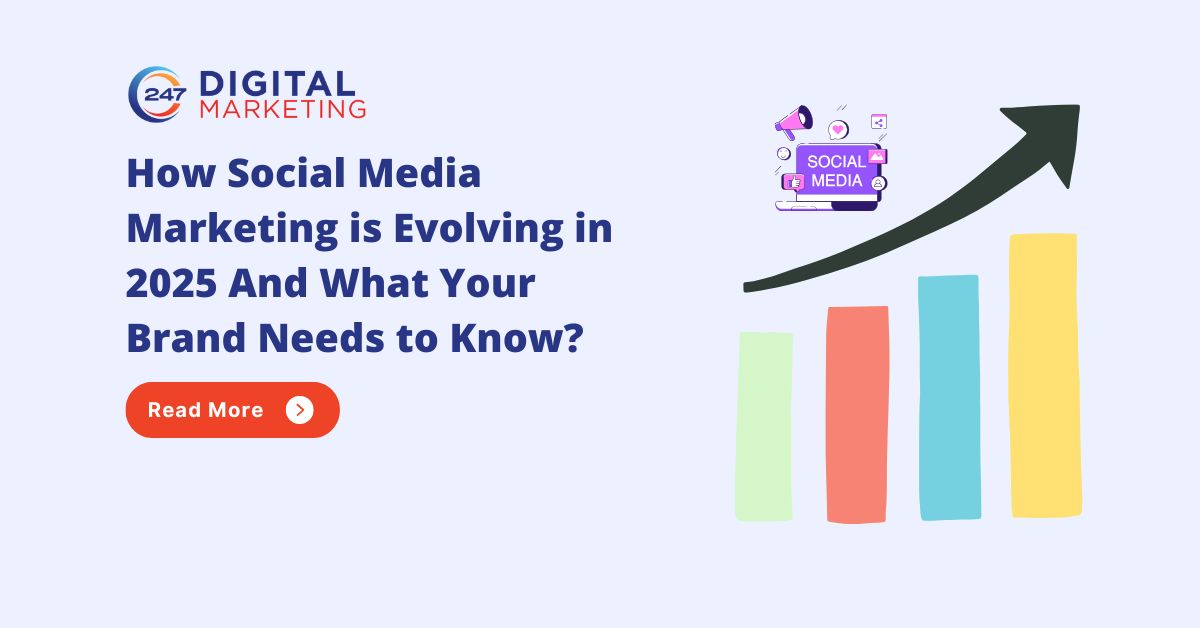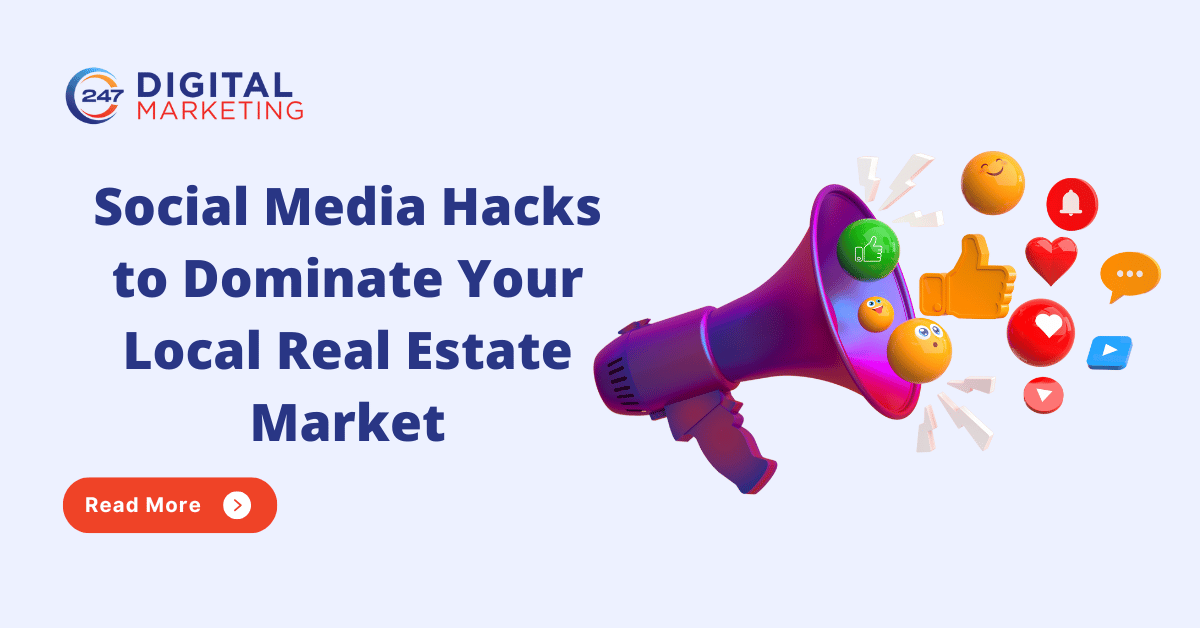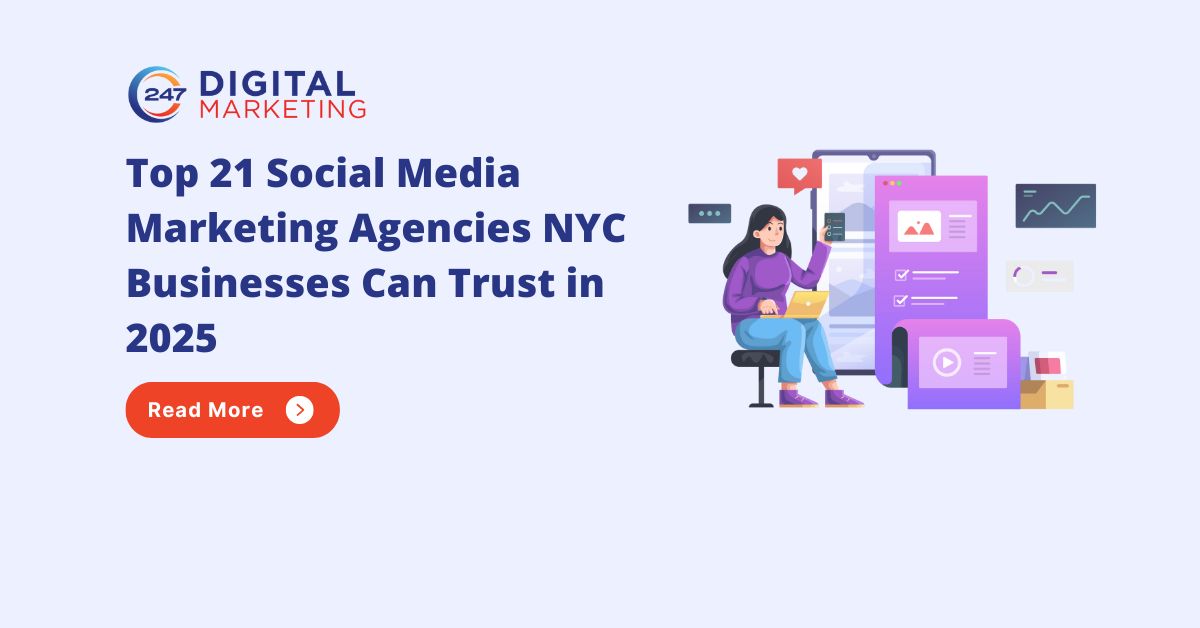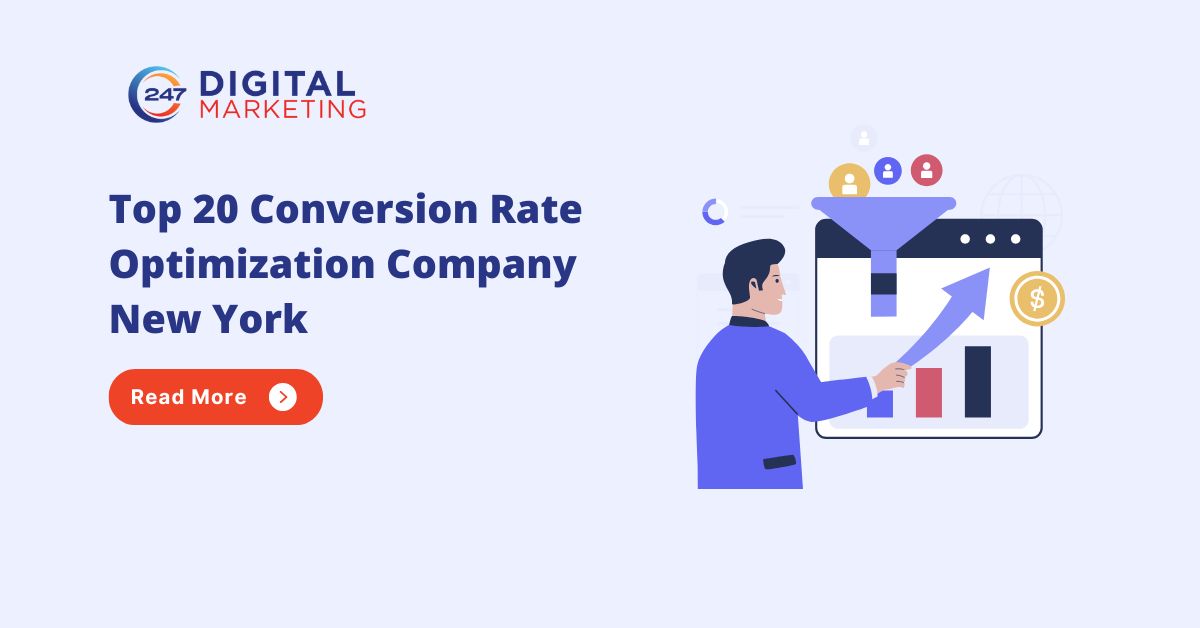How Social Media Marketing is Evolving in 2025 And What Your Brand Needs to Know?

In the constantly shifting world of digital marketing, social media has evolved from a simple publishing platform into a dynamic ecosystem of content, commerce, conversation, and AI-driven creativity. If you’re still posting the same recycled content across all platforms, it’s time for a serious strategy upgrade. Whether you’re a small business owner or a seasoned marketer, partnering with a Social Media Marketing Agency New York can help you understand and leverage the new wave of social media trends, key to staying competitive and connecting with your audience in authentic and effective ways. Let’s break down the most important developments shaping social media marketing in 2025 and how to make them work for your business.
1. Short-Form Video Reigns Supreme
If your social content isn’t fast, visual, and scroll-stopping, it’s invisible. Platforms like TikTok, Instagram Reels, and YouTube Shorts have set the tone: bite-sized video content is what today’s audience craves.
According to Sprout Social, nearly 80% of consumers prefer videos under 30 seconds. Explainer clips, quick tips, behind-the-scenes peeks, and product demos all perform well—especially when tailored for specific platforms.
Pro Tip : Repurpose video content across your website, emails, and ads to extend reach and boost engagement. Don’t forget customer video testimonials, they drive trust and conversions.
2. In-App Purchases Make Social Shoppable
Social commerce is no longer optional – it’s expected. Facebook Shops, Instagram Checkout, TikTok Shop, and Pinterest’s product pins now let users discover and buy products without ever leaving the app.
DataReportal reports that 53% of internet users browse social platforms specifically for purchase inspiration. Make it easy for them to buy from you.
Stat to Know : Social commerce revenue is projected to top $1 trillion globally by 2028 (Stats).
3. Influencer Marketing = Micro + Authentic
Forget chasing celebrity influencers with inflated follower counts. In 2025, the magic lies with micro-influencers—creators with highly engaged, niche communities.
What matters now is trust and relatability, not gloss and glamour. Brands that partner with creators aligned in values, voice, and audience are winning big.
Best Practice : Build ongoing relationships with influencers. One off posts won’t cut it, consistency breeds credibility.
4. UGC Cuts Through the Noise
User generated content (UGC) isn’t just a nice to have – it’s a proven trust builder. Real customers showing real experiences create powerful social proof.
According to Emplifi, brands using UGC saw a 63% increase in year-over-year revenue. It’s cost effective, community-driven, and attention-grabbing.
Easy Win : Launch a branded hashtag challenge or giveaway to encourage UGC. Highlight top submissions to build social validation.
5. Experimentation Is Encouraged
Your brand voice should be consistent but that doesn’t mean boring. In fact, edgy, playful or experimental content often performs better on social media’s fast paced feeds.
Think memes, unscripted videos or testing a humorous tone – just make sure it aligns with your brand ethos.
Creative Tip : Use analytics to track performance on new content styles. Social is your sandbox – play, test and learn.
6. Customer Support Lives on Social
Social platforms are now front lines for customer support. Consumers expect fast, helpful responses—whether it’s a public complaint on X or a private DM on Instagram.
Integrating customer service into your social strategy is no longer optional, it’s essential for retention and brand reputation.
Tool to Try : Use CRM tools with social integrations to streamline responses and monitor conversations at scale.
7. AI Is a Content Creation Powerhouse
AI isn’t just trending—it’s transforming. From writing captions to generating high quality visuals, AI tools are helping marketers scale content creation like never before.
Hootsuite reports that marketers now publish between 48 and 72 posts per week, a workload AI makes feasible.
Pro Insight : Combine AI with human creativity. Use it to spark ideas, speed up production, and personalize at scale without sacrificing authenticity.
8. Social Listening Delivers Real-Time Insights
Want to know what your audience is really thinking? Use social listening tools to monitor sentiment, spot trends, and respond to issues before they escalate.
Platforms like Brandwatch and Sprout Social can track mentions, hashtags and competitor activity turning raw data into strategic direction.
Why It Matters : Social listening transforms marketing from reactive to proactive—and from cost center to ROI driver.
9. Social Search Is Changing Discovery
More users especially Gen Z and millennials are using social platforms like TikTok and Instagram instead of Google to search for product recommendations and advice.
That means brands need to think SEO—but for social. Use relevant keywords in your captions, hashtags, and bios to boost discoverability.
Optimization Tip : Focus on creating educational, visually appealing content that answers real customer questions.
10. Regulation Is Tightening the Rules
Social media’s wild west days are over. The FTC is cracking down on influencer transparency and personal data usage. If your campaigns aren’t compliant, you could face real consequences.
Always disclose partnerships, stay up to date with platform ad policies and prioritize consumer trust.
Need to Know: Be prepared for tighter restrictions on ad targeting. Now’s the time to strengthen your organic marketing game.
What’s Ahead for Social Media Marketing?
Looking forward, expect more of what’s already gaining traction:
- AI-powered chatbots for customer service
- Employee brand advocacy for authentic promotion
- Closed communities for exclusive engagement
- Live video events to drive real-time interaction
Each of these tools and trends offers opportunities to personalize your strategy, connect with customers more meaningfully, and build brand loyalty that lasts.
Frequently Asked Questions (FAQs)
1. What is the most effective type of content for social media in 2025?
Short-form video content is the most effective in 2025. Platforms like TikTok, Instagram Reels, and YouTube Shorts are dominating engagement. Videos under 30 seconds that are informative, entertaining, or behind-the-scenes tend to perform best.
2. How can small businesses compete with larger brands on social media?
By leveraging micro-influencers, user-generated content, and AI tools, small businesses can compete effectively. These strategies are affordable, scalable, and build authentic connections with niche audiences—something large brands often struggle with.
3. Is influencer marketing still worth it in 2025?
Yes, but it’s evolved. Micro-influencers with smaller, engaged communities drive better ROI than celebrities with massive followings. Authenticity and alignment with brand values matter more than follower count.
4. How can AI help with social media marketing?
AI can assist with content creation (copy, visuals, captions), scheduling, social listening, and customer service via chatbots. It enables brands to publish more consistently, analyze performance, and personalize content without burning out resources.
5. Why is social commerce important now?
Social platforms are becoming one-stop shops. Users now browse, discover, and purchase within apps like Instagram and TikTok. If your products aren’t available through in-app shops, you’re missing major sales opportunities.
Need help leveling up your social media game?
247 Digital Marketing helps brands across the U.S. navigate the evolving digital landscape with cutting-edge strategies, custom content, and measurable results.
Contact us today for a free consultation.
Conclusion
Social Media Marketing Services New York in 2025 is smarter, faster, more immersive and more regulated. But that’s not a bad thing. With the right approach, today’s tools give you the power to build real, lasting relationships with your audience.
Stay curious. Stay flexible. And above all, stay human.
Mitesh Patel is the co-founder of 247 Digital Marketing, LawFirm Marketing and a columnist. He helps companies like Emerson and other top Fortune 500 compnies to grow their revenue.



